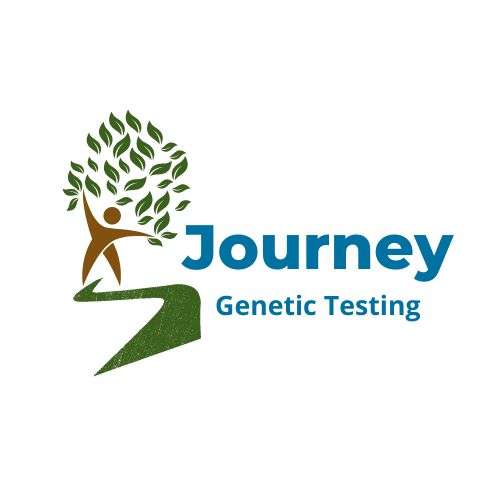Chorionic Villus Sampling (CVS) Paternity Test
Understanding What A CVS Prenatal Paternity Test Is
Chorionic Villus Sampling is a test used to check the baby’s health during pregnancy. CVS is a very accurate test for finding chromosome problems and genetic issues. However, it can’t tell us how bad these problems are or find neural tube defects.
It can also determine paternity during pregnancy. The test is usually done between the 8th and 13th week of pregnancy. A small sample of placental tissue is taken from the mother’s abdomen or cervix. Doctors use ultrasound to guide them during this procedure. You must have a doctor’s approval because there is a little bit of a higher risk involved.
How A Chorionic Villus Sampling Test is Done
The DNA collection method targets what are called chorionic villi. These are tiny finger-like parts on the placenta inside the uterus. The DNA of the chorionic villi is exactly the same as that of the fetus. To get the tissue sample, doctors can choose between two methods.
The first one uses ultrasound to guide a catheter through the cervix into the placenta. The chorionic villi cells are gently suctioned into the catheter. This is the most common method. This is called a transcervical method.
The second way is by putting a needle through the abdomen and uterus into the placenta. The needle draws some tissue and then is removed. This procedure is like amniocentesis. This is called a transabdominal method.
Paternity Testing While Pregnant Using Chorionic Villus Sampling
CVS is a test that looks for possible inherited problems in the child from the mother or father. When used for prenatal paternity testing in our AABB accredited DNA lab, it’s 100% accurate. However, if the CVS sample goes through other testing, accuracy depends on what is being tested for and the lab doing the testing.
If you want to learn about other paternity tests while you are pregnant, just click Prenatal Paternity Tests.


